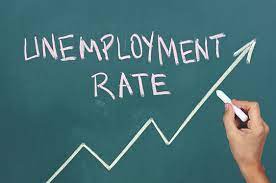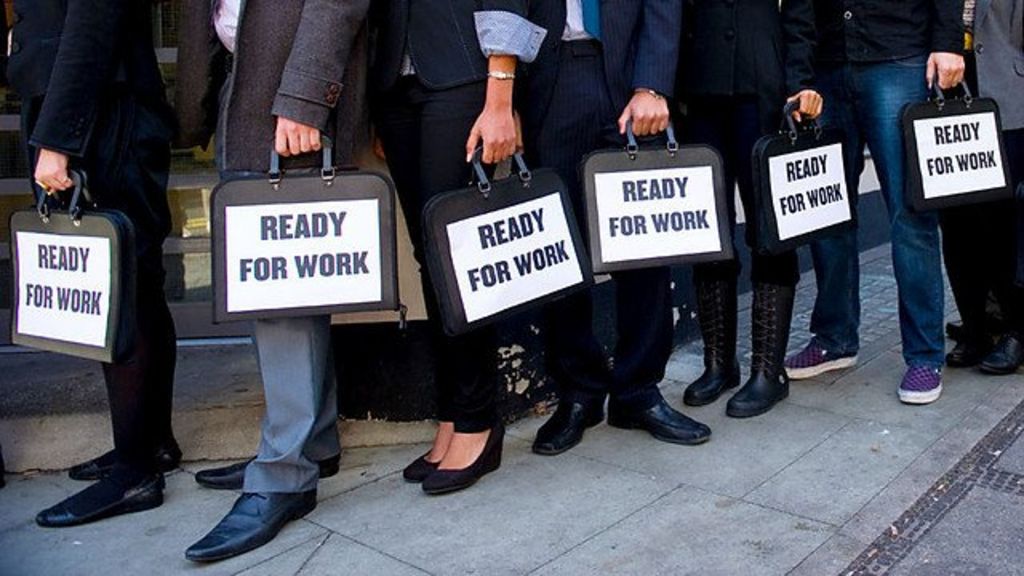Unemployment is caused by various reasons that come from both the demand side,
or employer, and the supply side, or the worker. Demand-side reductions may be caused
by high interest rates, global recession, and financial crisis. From the supply side,
frictional unemployment and structural employment play a great role.

The impact of unemployment can be felt by both the workers
and the national economy and can cause a ripple effect.
Unemployment causes workers to suffer financial hardship that
impacts families, relationships, and communities. When it happens,
consumer spending, which is one of an economy’s key drivers of growth,
goes down, leading to a recession or even a depression when left unaddressed.

Unemployment that lasts longer than 27 weeks even if the individual has
sought employment in the last four weeks is called long-term unemployment.
Its effects are far worse than short-term unemployment for obvious reasons,
and the following are noted as some of its effects.
Copyright © 2021 Suwapat Sankwa All rights reserved.